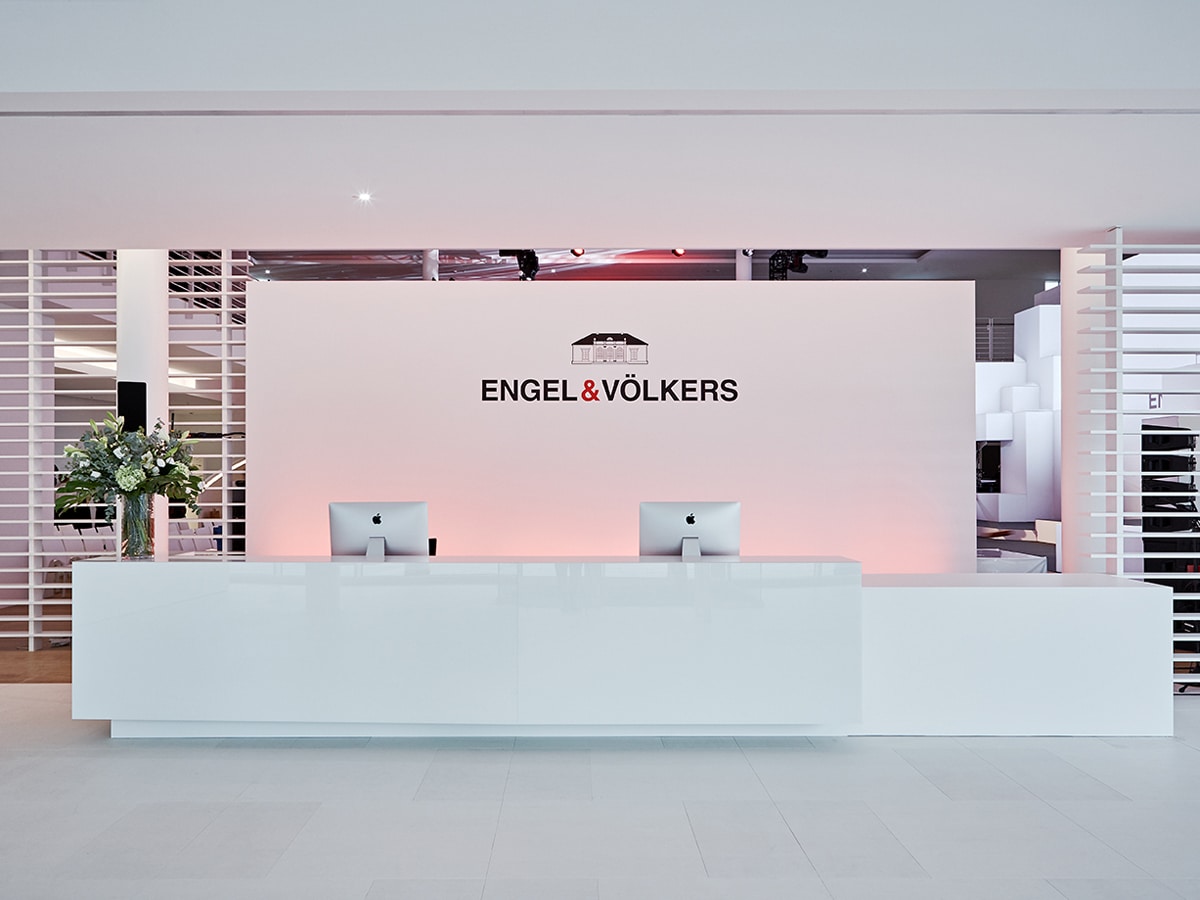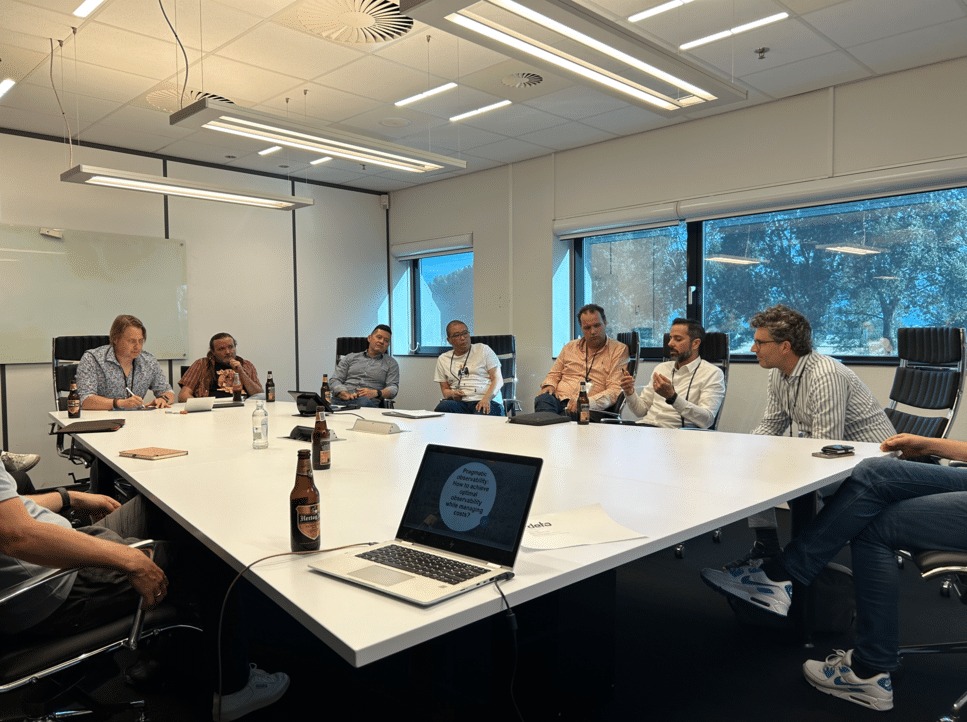We recently spoke with Lorenzo Spina, Recruitment Manager at IRIS Software Group as part of our #TalentQA series, where we interview leaders in talent management and recruitment from a range of businesses from tech startups to well-known fashion brands.
Lorenzo talks about the benefits and challenges of working in talent acquisition for a large-scale corporation, how the role of the recruiter has developed as a result of changes to candidate behaviours and how passion, communication and positivity are key when it comes to recruitment success in today’s digital age.
Third Republic (TR): Could you start off by telling us a bit about your career and how you got to where you are today as Recruitment Manager at IRIS Software Group?
Lorenzo Spina (LS): Like many people, I fell into recruitment at university. After I graduated, I joined a small IT recruitment agency. They provided me with a solid foundation around how recruiters should go to market and a real insight into how to connect with candidates, as well as build relationships with hiring managers. This is where I really found my passion for recruitment.
The majority of my in-house experience was spent at the Co-Op bank. In my two years with them I was lucky enough to be involved in the implementation of a hybrid RPO model. I then moved on to Pontoon Solutions Global, an RPO provider. This role was really invaluable to me. It was a dual role where I was managing the client as well as the delivery of the recruitment process. It gave me great insight into the importance of data, as well as the experience of managing remote teams, something I’d never done before.
I’ve been at IRIS for 16 months now, and I know it’s kind of a cliché but it’s so inspiring working for such a fast-paced business that truly cares about continuously improving its people, as well as its product and customer base. When I joined there were just 2 of us in recruitment, we now have an in-house team of 8. We’ve transitioned from pretty much 10% direct sourcing to around 80% plus at the moment, and we have an appetite to get that over 90%.
TR: Could you describe some of the benefits and challenges of working in recruitment for a large-scale business, like IRIS Software Group?
LS: I suppose a key benefit for me which resonates, is the support that the executive team provide when it comes to recruitment. From my initial first week the executive team have been interested in how recruitment can help to propel the business forward. They are very much on board with investing in recruitment and retaining the best talent in the industry – which is really refreshing to see from such a large-scale company.
In terms of challenges, we’ve experienced rapid growth, which of course is great, however there are challenges that come alongside this type of growth. For example, we have certainly been more reactive than proactive when it comes to sourcing and adapting to change. One thing I would say though is that in difficult times the support and understanding from an executive leadership team in a large organisation is key. Two of our philosophies here at IRIS is ‘ask for forgiveness, not for permission’ and ‘fail fast’. For large-scale businesses like us, communication is key.
TR: What sort of strategies do you adopt in terms of sourcing and attracting new talent at IRIS Software?
LS: The key to success for any business, is its people. When I developed the recruitment team here, I suppose the key identifier for me was that every hire had passion and a willingness to learn no matter of their experience. I think when you’ve got a team like that going out to market, speaking to potentially passive candidates, then you’re already doing something right. To make sure that our recruitment process is effective, we’ve embedded a number of candidate experience surveys for throughout the process for candidates to fill out. This helps us to understand, what they genuinely think about the recruitment journey and how we can improve going forward. We also have a number of social media platforms to showcase our company culture. This has become really popular from a recruitment perspective as it allows candidates a view into the company before committing to anything.
TR: Could you explain the challenges you have experienced when sourcing and attracting new talent at IRIS Software?
LS: We’ve entered a candidate driven market and I’ve definitely noticed that shift in the 9 years that I’ve been working in recruitment. Average tenure in the tech space now is around 18 to 24 months. Meaning recruiters have to be much more proactive, you have to get out there in the market in order to identify the top talent. However, it’s also essential to have processes in place to retain your top talent.
Talent acquisition as a whole has developed massively over the last few years. Before it was very much identifying talent, now it includes creating career paths, employer branding, sourcing top talent, as well as retaining and developing talent internally. And obviously succession planning on the back end of that.
A challenge we have faced at IRIS is our Glassdoor rating. In the past it wasn’t great and since these platforms are on the rise in terms of attracting candidates, we’ve been on a mission to improve our rating. We have got the rating up by improving internal lines of communication. So, like I said earlier, the people in your organisation are essential when it comes to sourcing and attracting new talent.
TR: Throughout your time in recruitment, have you recognised a change in candidate behaviours?
LS: Absolutely, we’ve definitely entered a candidate driven market. Tech talent has a lot more choice now, and they’re aware that they’re in such high demand. This requires recruiters, both in-house and agency, to be more creative in terms of attracting talent. Saying that, for us at IRIS, it all comes down to cultural fit. Of course, candidates need to have the right skills and attributes, however cultural fit is so important to us. We want to hire people who share similar values and who we can genuinely see developing at IRIS.
TR: In your opinion, how can businesses best react to these changes in candidate behaviours?
LS: This is pretty straightforward from me – it’s all about the communication piece. How are we engaging with the market? Then how are we assessing this? I think it’s as simple as that. If you engage in a positive way, then you’re ticking the right boxes. Our communication style as a recruitment team at IRIS is definitely how we stand out amongst our competition.
TR: In your opinion, what are the top 3 methods business can use to attract top talent into their teams?
LS: 1. Build a passionate recruitment team, aligned to business goals. People buy from people.
2. Creating a candidate journey that stands out. This isn’t about investing in all the tools, it’s about stripping it all back. Managing expectations (interview process, roles) and being authentic and transparent in all points of communication.
3. Insight and data – talent mapping, identifying capability gaps and succession planning. For example, if we have business insight that somebody’s going to get promoted in three months, we can start looking for their backfill right away.
TR: How do you think recruiters can ensure they stay on top of their markets in today’s increasingly digital age?
LS: I think we’re going to see more and more technology coming through in terms of innovative technology. For example, chatbots definitely have their place. It’s all about being able to improve and simplify the candidate journey, And I suppose, taking some of the administrative tasks out of the day to day for recruiters. Automation will definitely improve the industry.
For recruiters, it’s about diversifying themselves in their markets and really becoming a subject matter expert (SME). Genuinely knowing the market helps you to stand out against competition, ensuring that top talent listens to you amongst the noise of the recruitment market.
TR: Finally, do you think that recruitment agencies can provide value in these competitive, fast-moving markets?
LS: There’s been a shift in the last couple of years but yes, I do believe that agencies can add value. There are more niche agency start-ups around now, and the agencies with a good reputation in the market can reach a wider audience at a quicker pace than in-house teams. Agencies with dedicated teams and strong market knowledge can definitely add value to in-house recruitment teams. Saying that, I do believe businesses can operate with 100% in-house recruitment teams if they have SME recruiters within the team.
If you’d like to take part in our #TalentQA series or you’re looking to source technical talent, get in touch today!




